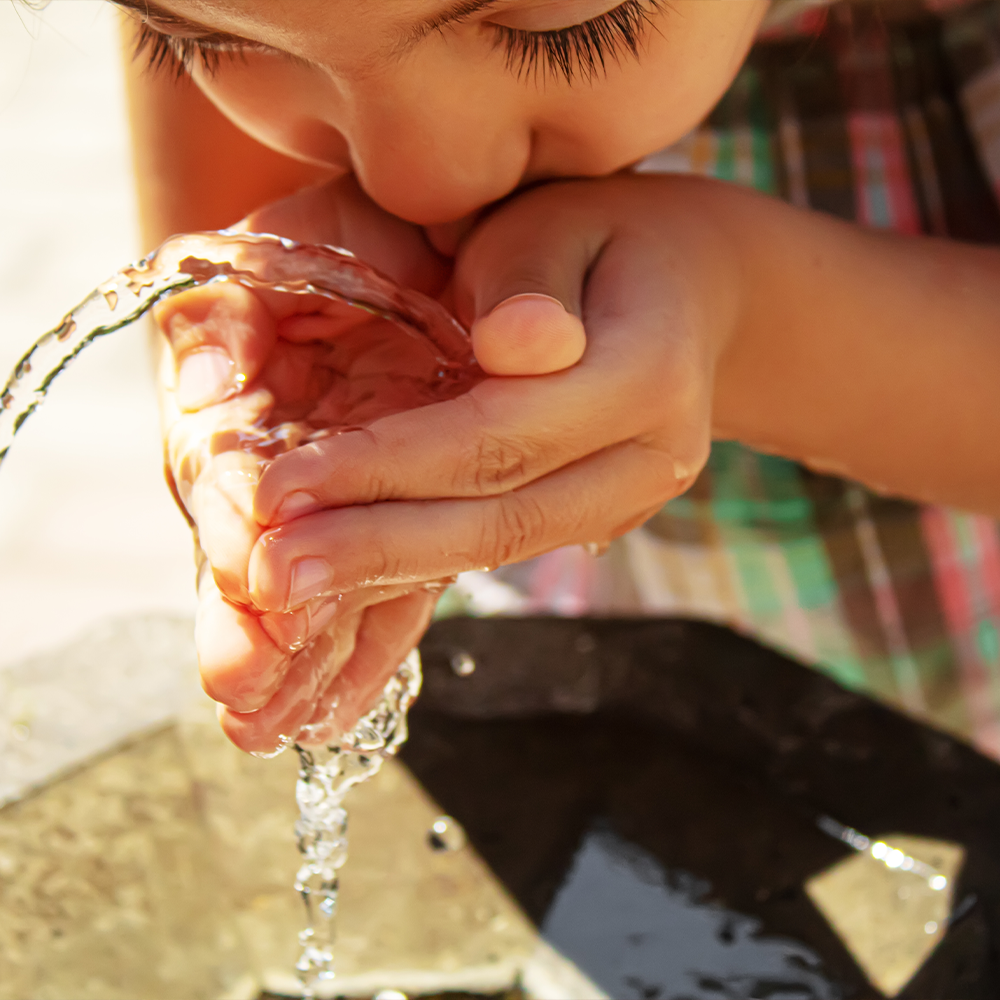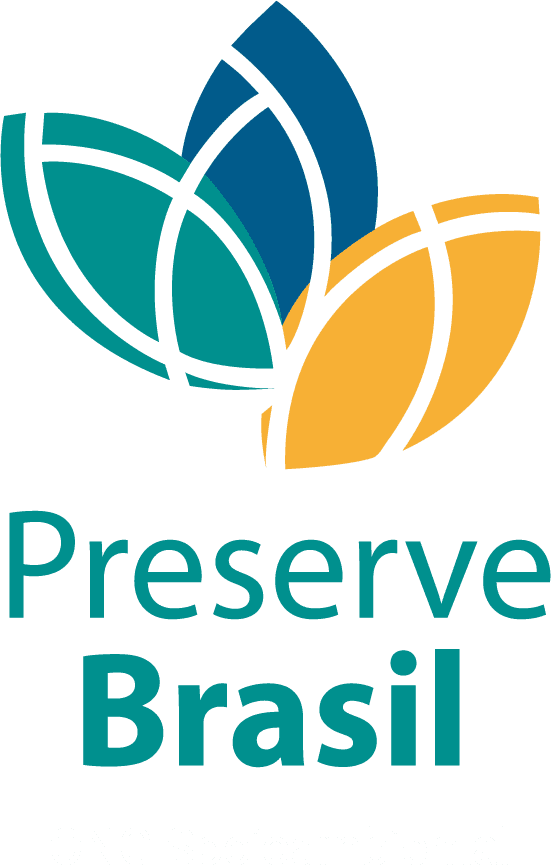Summary: SDG 6 and the importance of investing in serious sanitation programs
The United Nations (UN) Sustainable Development Goal number 6 (SDG 6) aims to ensure universal and equitable access to drinking water and basic sanitation for all by 2030. However, despite advances, there are still many challenges to be faced in order for this goal to be achieved, especially with regard to sanitation.
According to the UN, around 2.2 billion people around the world do not have access to adequate basic sanitation services. This means they do not have access to safe and hygienic sanitation facilities, such as flush toilets and sewage treatment systems. Furthermore, many of these people also do not have access to safe drinking water, which worsens the situation.
Basic sanitation is a human right and a basic need for people's health and well-being. Lack of access to adequate sanitation services can lead to a range of health problems and can also lead to environmental problems such as water and soil pollution. To ensure universal and equitable access to basic sanitation services, it is necessary to invest in adequate infrastructure and technology. This includes building sewage and water treatment systems, as well as promoting hygiene and sanitation practices. Furthermore, it is necessary to ensure that these services are accessible and sustainable in the long term, considering issues such as the payment capacity of the populations served and the availability of natural resources.
To achieve these objectives, a joint effort by governments, the private sector, civil society and the international community is required. There needs to be effective coordination and political commitment to invest in basic sanitation as a development priority.
Sanitation Programs Bring Hope to Populations in Need
There are several model programs and initiatives already underway that aim to improve access to sanitation around the world, such as:
Joint Monitoring Program of the World Health Organization and UNICEF (United Nations Children's Fund, in free translation) and Water Supply and Sanitation (JMP, acronym in English for Joint Monitoring Programme), which provides information on access to drinking water and sanitation services around the world. JMP also works with governments, civil society organizations and other stakeholders to develop strategies and action plans to improve access to these services.
Sanitation and Drinking Water for All (SWA) Program - Sanitation and Drinking Water for All (SWA) is a global initiative that works in collaboration with governments, civil society organizations, businesses and other stakeholders to improve access to safe water and sanitation around the world. SWA is currently active in more than 40 developing countries, including Bangladesh, Brazil, India, Kenya, Mozambique, Nigeria, Pakistan, Peru, Tanzania, Uganda and many others. The initiative also works in partnership with other international programs and organizations to align efforts and maximize the impact of actions in support of SDG 6 - Drinking Water and Sanitation for All.
Community-Led Total Sanitation Program (CLTS) - CLTS is an approach to improving sanitation that focuses on mobilizing local communities to build and maintain adequate sanitation facilities. The approach was developed in Bangladesh and is now implemented in more than 60 countries around the world, including most countries in Africa, Asia and Latin America. Some examples of countries where CLTS already operates include Bangladesh, Cambodia, Ethiopia, Ghana, Indonesia, Madagascar, Malawi, Nigeria, Senegal, Uganda and Zambia. CLTS has been recognized as an effective and low-cost approach to improving sanitation in poor rural and urban areas.
Rural Sanitation Program in Brazil seeks to bring basic sanitation services to rural areas of the country. The program provides funding for the construction of sewage and water treatment systems in rural communities, as well as promoting education and awareness about hygiene and sanitation practices.
Millennium Sanitation Program in India, which aims to improve access to basic sanitation in rural and urban areas of the country. The program provides funding for the construction of sanitation facilities, as well as promoting education and awareness about hygiene and sanitation practices.
WaterAid's "Community WASH" Program: WaterAid's "Community WASH" program works with local communities in Pakistan to provide access to safe water and adequate sanitation in rural and urban areas. The program works with communities themselves to identify their specific water and sanitation needs, and develops appropriate solutions for each community. This may include the construction of wells, water treatment systems and sanitary facilities. The program also promotes appropriate hygiene practices and works with communities to ensure the sustainability of implemented solutions, including maintaining facilities and forming local water and sanitation management committees. The aim is to improve access to safe water and sanitation, promote appropriate hygiene practices and improve the health and well-being of people in local communities.
Integrated Sanitation Program for Small Cities in Peru – this is a Peruvian government program that aims to improve access to sanitation in small cities and towns in the country. The program provides funding for the construction of sewage and water treatment systems, as well as promoting education and awareness about hygiene and sanitation practices.
Specifically in African countries, numerous programs are being developed to improve sanitation conditions, such as:
Angola: National Rural Sanitation Program, which aims to improve access to water and sanitation services in rural areas of the country.
Ethiopia: National Drinking Water and Sanitation Program, which aims to improve access to drinking water and sanitation services in rural and urban areas of the country. According to the Ethiopian government, the program managed to bring access to drinking water to more than 9 million people between 2015 and 2019, in addition to improving access to sanitation services for more than 7 million people in the same period.
Ghana: Rural Sanitation and Hygiene Improvement Program, which works with rural communities to improve access to sanitation services and promote hygiene practices.
Kenya: Kenya Sanitation Program, which aims to improve access to sanitation services in urban and rural areas of the country.
Nigeria: National Drinking Water and Sanitation Programme, which aims to improve access to drinking water and sanitation services across the country.
Senegal: Urban Sanitation and Hygiene Program, which works with local governments and communities to improve access to sanitation services and promote hygiene practices in urban areas of the country. According to UNICEF data, between 2015 and 2019, PHIU managed to increase access to basic sanitation services in urban areas of Senegal from 41% to 52%. Additionally, the program has worked to promote hygiene practices, such as handwashing, among the population, which has contributed to reducing the incidence of diseases related to lack of adequate sanitation.
Tanzania: National Rural Sanitation Program, which aims to improve access to sanitation services in rural areas of the country.
Uganda: National Drinking Water and Sanitation Programme, which aims to improve access to drinking water and sanitation services across the country.
These examples show that adequate sanitation programs can make a big difference in people's lives, providing access to basic services essential for health and well-being.
The Fundamental Role of Investment in Sanitation
Non-Governmental Organizations (NGOs) play a key role in developing and implementing basic sanitation programs around the world. These organizations often work together with governments, international institutions, and local communities to provide access to clean water and adequate sanitation in underserved and underdeveloped areas.
NGOs have a huge advantage over other institutions in implementing these programs as they are often made up of people who live and work in the local community, meaning they have an in-depth understanding of the specific needs and challenges of each area. Furthermore, NGOs are often able to adapt quickly to changes in the environment and local conditions, and can implement programs flexibly and efficiently.
However, implementing basic sanitation programs often requires significant funding, and this is where serious and committed NGOs play a crucial role. Well-established NGOs often have access to financial and technical resources, as well as strategic partnerships with other organizations, which makes them capable of implementing large-scale projects and ensuring that resources are used efficiently and effectively.
By investing in serious NGOs committed to improving basic sanitation, donors can be sure that their money is being used correctly, and that needy and underdeveloped communities are receiving the support they need to improve their living and health conditions. .




